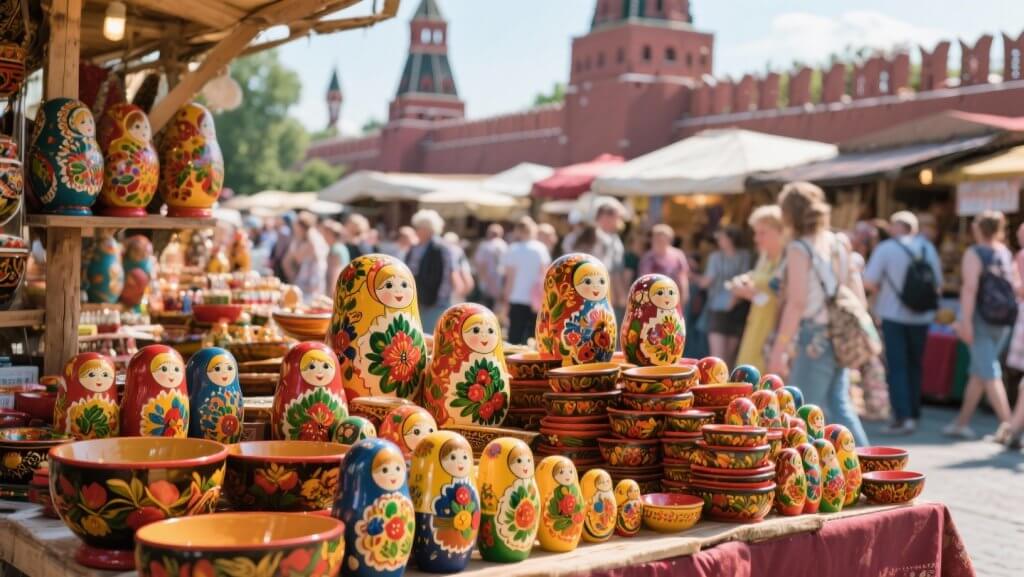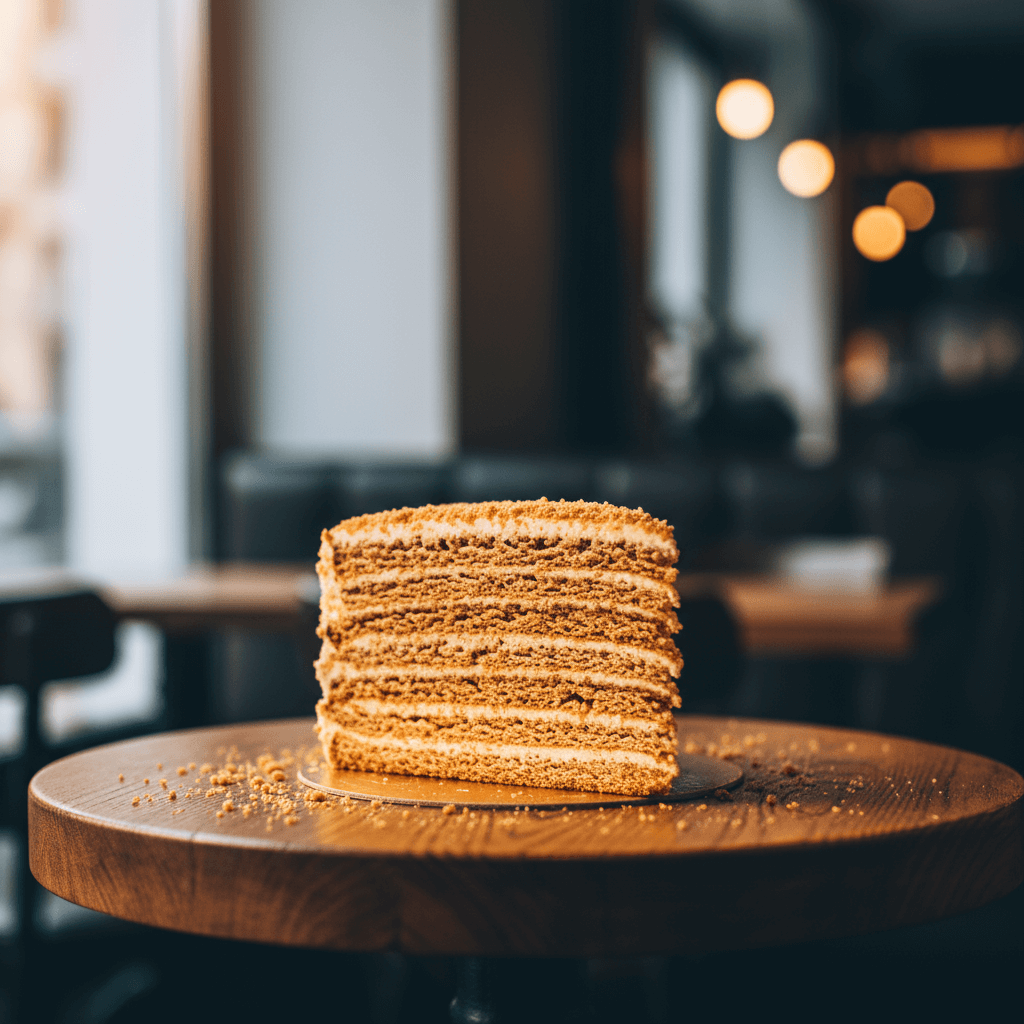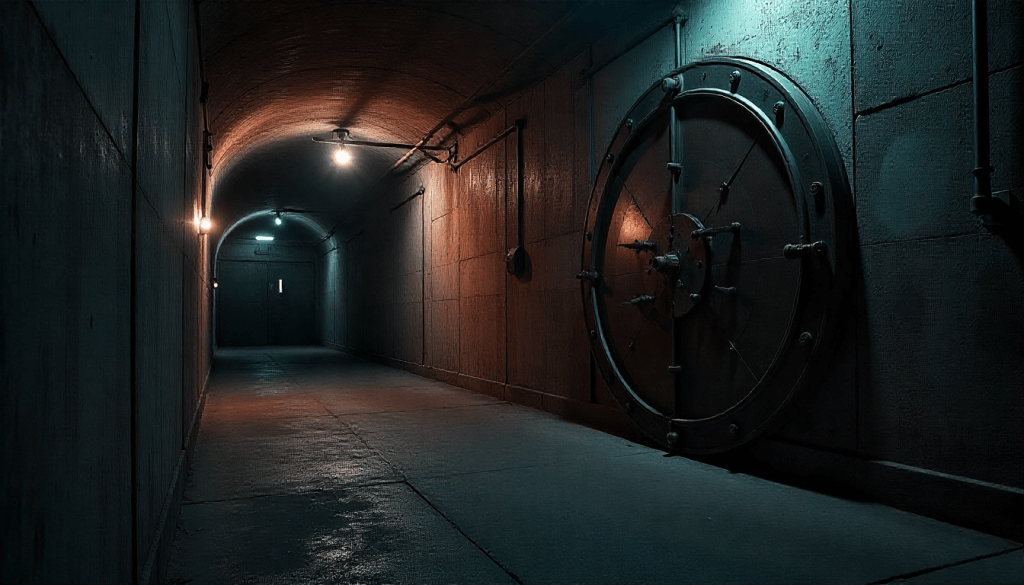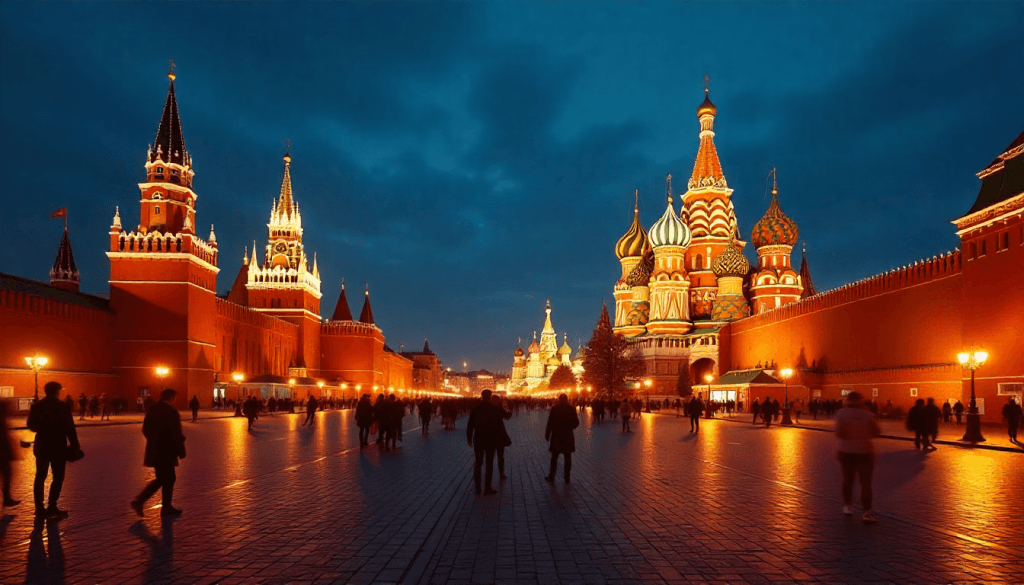Get a Troika Card today and use it on every ride to keep travel simple. The Troika Card unlocks Unified Tickets across the metro, buses, tram, and commuter trains, so you won’t juggle multiple passes anymore.
I vinter travel, check the schedules in advance; downtown and the central hubs cluster around major stations. The Troika Card works automatically, so you don’t fumble with coins; tickets are charged automatically as you pass readers, and you can switch between metro, tram, and buses on a single ride with one tap, however, keep your balance topped up for transfers on crowded days.
Found yourself coordinating a busy transfer? The system leaves room for flexibility: tap once and ride along from the airport corridor to central stations, with clear signs and real-time updates along the lines. At self-service kiosks you can negotiate advanceall options, reload balance, and check remaining trips. Drivers and tram crews accept the card across services, so you stay on schedule without hunting for coins.
Looking ahead, plan ahead using Unified Tickets for longer trips; this keeps transfers across metro, buses, and tram under one fare window. If you arrive by flights, map your first leg from the airport to central Moscow, then continue along to downtown with a single card.
Guide to Moscow Public Transit in 2025
First, buy a Troika card and link it to your wallet for tap-and-go rides across russia’s Moscow transportation network. This plus lets you ride metro lines, buses, trams, and most trains with a single ticket. Use contactless payments at window readers, turnstiles, and kiosks to avoid cash handling. In case you need a receipt, the card remains your master key for them and speeds transfers, especially when you travel towards the city center near Zaryadye and along major boulevards.
Where to get and how to top up: kiosks at metro stations issue Troika cards and accept cash or card reloads, while online options let you set automatic top-up linked to your wallet. For seamless use, enable auto-reload so your balance updates routinely without visiting a window or kiosk. If you frequently ride peak hours, automatic top-up helps prevent last‑minute delays and fines.
Unified Tickets in 2025 consolidate access across modes, and your Troika card serves as the primary link between them. A single card handles metro, buses, and trams, making transfers simpler and reducing the need to carry multiple tickets. In case you ride several lines during one day, this approach saves time at inspections and keeps your wallet light.
Practical tips for peak periods: plan extra minutes during the morning and evening peaks, especially near central stations and along busy boulevards. The system operates around the clock on most lines, so you can reach late stops without backtracking. Inspectors check passes regularly; keep your card ready and avoid talking to them if you don’t have valid fare. If you’re unsure about a transfer, ask station staff or check the official app window for fastest routes.
Oldest infrastructure note: the oldest Moscow metro line dates back to 1935, a reminder that the network has grown but still respects historic routes. Use the Troika card to ride freely between historic corridors and modern corridors along the river and arterial boulevards.
Key routes and places to plan around: Zaryadye Park sits near major transfer points, and you can move efficiently towards central districts by following the line network that links residential zones with business districts. For a smoother day, map your path with the card’s balance window and consider starting from a central hub in the morning to minimize transfers.
| Aspekt | Detaljer | Tips |
|---|---|---|
| Card coverage | Metro, buses, trams, some trains | Use one card for all lines to simplify travel |
| Where to buy/top up | Kiosks at stations, some retail partners, online options | Use auto top-up to avoid missing rides |
| Validation | Tap at window readers and readers on vehicles | Keep balance visible on your screen/window app |
| Peak guidance | 7–9 am and 5–7 pm common busy periods | Travel earlier or later if possible to reduce crowding |
| Inspectors | Regular checks across lines | Fares valid with Troika; carry proof if needed |
| Notable locations | Zaryadye area, central boulevards | Plan transfers through major hubs to cut walking time |
Where to obtain a Troika card in Moscow
Go to any major Moscow Metro station and buy a Troika card at the payment window. The friendly staff at the windows will explain card options and load an initial balance so you can start riding right away. For many visitors, this has been the fastest way to begin trips.
Bring a passport if you want a personalized card; a standard plastic Troika card carries a small fee, payable by cash or card at the window or via the self-service kiosks nearby. The card works across trains (trenes) and city routes, so you get instant value and easy transfers between modes, boosting efficiency for busy days on the move. That makes it a reliable choice for daily use and weekend explorations–this is a card that many travelers rely on.
In the suburbs, you can still obtain a Troika card at larger suburban stations, at Moscow Central Circle hubs, or order online in advance through the official service. You can pick up the card at a designated point or have it delivered to your address; for online orders, you can use a visa card or other payment methods, and you can manage top-ups with your smartphone, a convenient digital option for travelers who want an alternative to cash. At busy kiosks, staff stand behind glass windows, and in some areas curtains separate service zones.
If you prefer a quick alternative, you can use a smartphone to top up or pay at the terminal with contactless payment. For travelers starting early or late, theyre straightforward options: staff at windows can assist, and many stations keep the payment windows open through the day. The Troika improves efficiency for people who ride daily and reduces queue times when you transfer between carriage and platform.
How to top up Troika and check your balance

Top up using the Troika mobile app before you travel to avoid queues and keep moving. The app shows your balance in real time and lists recent transactions, so you know what’s left for your days of commuting.
- Troika mobile app: link a bank card, enter the amount, and confirm. This is the fastest way to top up from anywhere–tofrom university to campus and back–using contactless payments where available.
- Metro kiosks and ticket windows: visit self‑service terminals at stations around the city, including near VDNH and in the outskirts. You can top up with cash or card, and you’ll get a receipt. The touch windows guide you step by step, so you can do it quickly during a short break between classes.
- Online portal: log in from a computer and add funds, then read the confirmation message. The new balance appears in the app within moments, and you can review your recent top ups any time.
- Aeroexpress.ru terminals: top up at designated kiosks in airports or transit hubs. Use contactless or chip cards to add funds for your next ride, which helps during early trips to and from the city outskirts.
- Retail partners: look for Troika signage at partner stores; scan your card at the kiosk to load value. This option works well on days when you’re out exploring the suburbs and need a quick reload between stops.
How to check balance quickly:
- In the app: balance is shown on the home screen with a summary of recent transactions, so you can plan your day without guessing.
- At gates and readers: tap your Troika card at the turnstile or reader. The screen shows your remaining balance and whether you have enough for your next ride, which is handy for passengers heading to the first station of their route or visiting the city center during busy hours.
- Online view: use the web interface to view current balance and a log of last top ups. This is useful after a packing list check or a late-night study session near the university dorms.
Tips to stay on track:
- Set a simple reminder to review balance every few days, especially if your routine changes with days off, exams, or trips to the outskirts.
- Keep your card in a safe pocket and use contactless top ups when you can to speed up each transaction.
- Note the amount you usually load if you travel to/from campus daily, so you can top up in advance and avoid delays during peak hours.
- Read the on‑screen prompts carefully at kiosks or online so you don’t select the wrong amount or payment method.
Unified Tickets explained: types, coverage, and pricing
Use a Unified Ticket for a day in Moscow central and downtown to cover metro, buses, trams, and river boats with one tap.
These tickets are contactless by wallet or smartphone, reusable on a single card, and work through gates at stations and on buses. You can pay with mastercard and other contactless methods, including a supported smartphone wallet, for a smooth ride through busy streets and boulevards.
Types
- Single-ride: valid for one ride across eligible modes until you exit at the next door or gate. Ideal for a quick connection if you’re staying within a single route.
- Time-based passes: unlock unlimited rides within a fixed period. Common options include 24-hour, 72-hour, and 7-day durations, letting you hop between lines without reloading for each trip.
- Tourist passs: a dedicated option aimed at visitors, often bundled with tips or extras. Best when you plan multiple trips in central areas such as downtown and around zaryadye and major gates to the riverfront.
Coverage and usage
- Modes included: metro, all city-owned buses, trams, trolleybuses, and select water routes by boats.
- Geography: designed for central and downtown travel, with broad coverage throughout the core districts and key hubs surrounding zaryadye, the Kremlin area, and major boulevards. Some routes extend into local neighborhoods, so check the map for fromto segments.
- Transfers and gates: the ticket covers multiple transfers within the validity window, with easy gate taps at entry points. If you travel door-to-door, you can adjust your route as you go, stopping for photos on boulevards or along the river banks.
- Audience: suitable for tourists and local residents alike, with flexible reload options and a reusable card that you can top up at kiosks or via a wallet.
Pricing and value
- Pricing ranges (typical): 24-hour pass around 250–350 RUB; 72-hour pass around 600–900 RUB; 7-day pass around 1100–1700 RUB. Exact prices vary by year and promotional offers.
- Best value recommendations: for a 2–3 day stay, a 72-hour pass often yields the lowest cost per ride; for a single day of heavy travel, a 24-hour pass is convenient and avoids multiple ticket purchases. If you stay mostly within the central zone, a unified option minimizes barriers and extra payments.
- Purchase and payment: buy through contactless wallet, smartphone, or Mastercard; you can load the passs onto a reusable card or pay directly at gates using a bank card or app. In busy downtown hubs like near zaryadye, you’ll find gates that accept both cards and mobile wallets, making entry quick.
How to tap in, transfer, and ride on buses, trams, metro, and trains

Tap in with your Troika card at the reader before boarding any bus, tram, metro, or train. The digital app shows your balance, purchased passes, and recent transactions, so you can confirm you paid before you go. If you visit Moscow, this method works across the transportation network. Some kiosks still show a passs option, but rely on the standard tap for reliability.
On buses, tap on the reader near the driver; on trams, tap at the entrance. The reader height is designed for wheelchair users, and there is barrier-free entry at most stops. If a reader doesn’t register, try another door; however, the issue usually resolves with a quick retry, and it has worked in most cases. The retry is short.
In the metro, touch Troika at the turnstile; the barrier opens and the overhead displays show schedules for the next trains. For trains, use the same card at entry gates or platform readers. If your ride spans several carriage sections, enter through a door that aligns with your intended carriage. wheelchair-accessible gates are available at major stations.
Transfers within a 90-minute window go across buses, trams, metro, and trains. Simply tap again on the new mode to add that leg to your fare. Use the digital display or the app to track the remaining time in the window and plan routes accordingly. If you stay within the window, the costing stays minimal; if you managed to overrun it, you’ll pay separately.
When you visit venues like ВВЦ, plan routes that go through the area using the unified system. The network opened new lines, and you can reach most sites with one card, though some longer trips to flygplatser may require additional tickets. If you run into an issue, skrivet guides on kiosks and in the app provide steps to switch lines. There’s much to see, and you can purchase souvenirs after you ride to the center and back. finally, keep in mind that river boats operate on separate schedules, so check those when you plan a scenic detour; you can choose a route that matches your interests and let the app guide you.
Route planning, transfers, and mobile apps for Moscow transit in 2025
Plan every downtown-to-suburbs trip with the official Moscow Transport app on your smartphone, enable contactless payments, and rely on the Troika card for a single fare that will cover transfers within 90 minutes. This setup is known to reduce wait times and keeps you moving without fumbling for tickets.
Use the route planner to compare multimodal options across metro, buses, trams (trolley lines), and even cabs for last-mile needs. The interface shows travel time in minutes, the number of transfers, and the overall cost, allowing you to save routes for business trips. When you travel from the suburbs to central Moscow, aim for routes with a direct metro segment and one transfer at a central hub to minimize carriage changes; the planner highlights central lines and available transfer points so you can choose the most elegant path.
Transfers are automatic for most modes, and within the 90-minute window you can switch between trains, buses, and trams without extra charges. The app lists gate and platform details at each interchange, helping you move quickly from the front car door to the next train via the same gate area. Rely on well-timed connections at major hubs to keep your day moving, even during rush hours.
In 2025, live updates cover trenes and other services, with real-time status shown for each carriage and its location relative to platforms. You’ll see the earliest arrivals, current gates, and even which carriages have easier access. The information is available in central corridors and in the suburbs, so you can adjust plans while on the move without leaving the page. If you prefer offline planning, you can pre-download routes that you visit often and check them within minutes.
Payment remains cost-efficient thanks to contactless options and the unified ticket concept. Issued Troika cards can be topped up automatically, and you can pay directly from your smartphone for added convenience. The centralized system continues to enhance an elegant user experience by presenting routes that minimize walking, show clear windows of service, and rank options by total time and transfers, helping you visit the city center with confidence and ease.

 Moscow Public Transit – The Troika Card and Unified Tickets">
Moscow Public Transit – The Troika Card and Unified Tickets">
 The Bolshoi Theater Moscow – History, Architecture, and Top Shows">
The Bolshoi Theater Moscow – History, Architecture, and Top Shows">
 The Ostankino File – Secrets of Moscow’s TV Tower">
The Ostankino File – Secrets of Moscow’s TV Tower">
 Metro Apartments – Modern City Living with Premium Amenities">
Metro Apartments – Modern City Living with Premium Amenities">
 Bolshoi Theatre Moscow – History, Ballet & Opera | Tickets, Tours & Visitor Guide">
Bolshoi Theatre Moscow – History, Ballet & Opera | Tickets, Tours & Visitor Guide">
 Moscow Vnukovo International Airport VKO – Flights, Terminal Guide, and Travel Tips">
Moscow Vnukovo International Airport VKO – Flights, Terminal Guide, and Travel Tips">
 Local Markets and Where to Buy Authentic Russian Souvenirs: A Treasure Hunt in Moscow">
Local Markets and Where to Buy Authentic Russian Souvenirs: A Treasure Hunt in Moscow">
 The Maximizing Moscow Trip: A Business Traveler’s Guide to Combining Work and Sightseeing">
The Maximizing Moscow Trip: A Business Traveler’s Guide to Combining Work and Sightseeing">
 Delicious Moscow Dessert Spots Beyond the Tourist Map: A Guide to Local Sweetness">
Delicious Moscow Dessert Spots Beyond the Tourist Map: A Guide to Local Sweetness">
 History and Mystery: Exploring Moscow’s Underground Bunkers – A Cold War Legacy">
History and Mystery: Exploring Moscow’s Underground Bunkers – A Cold War Legacy">
 How to Enjoy Moscow in Autumn: Festivals and Must-See Spots">
How to Enjoy Moscow in Autumn: Festivals and Must-See Spots">